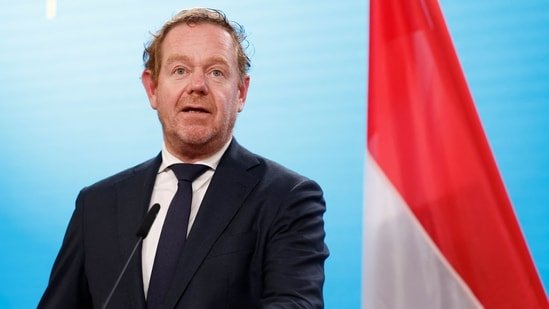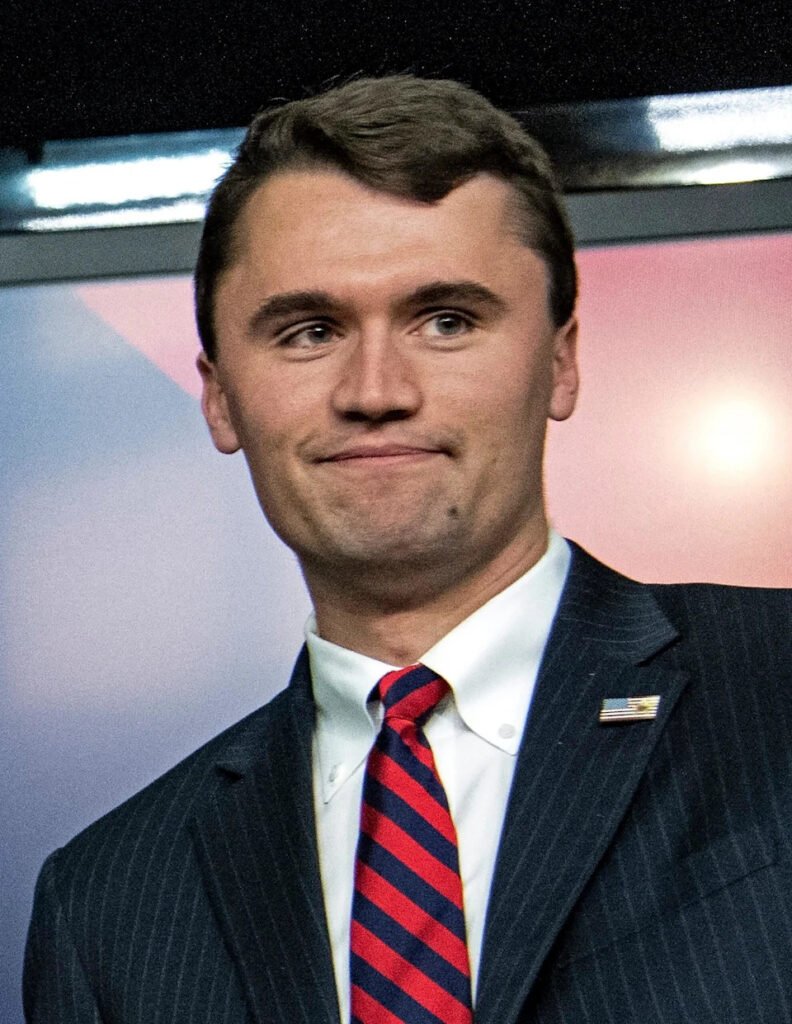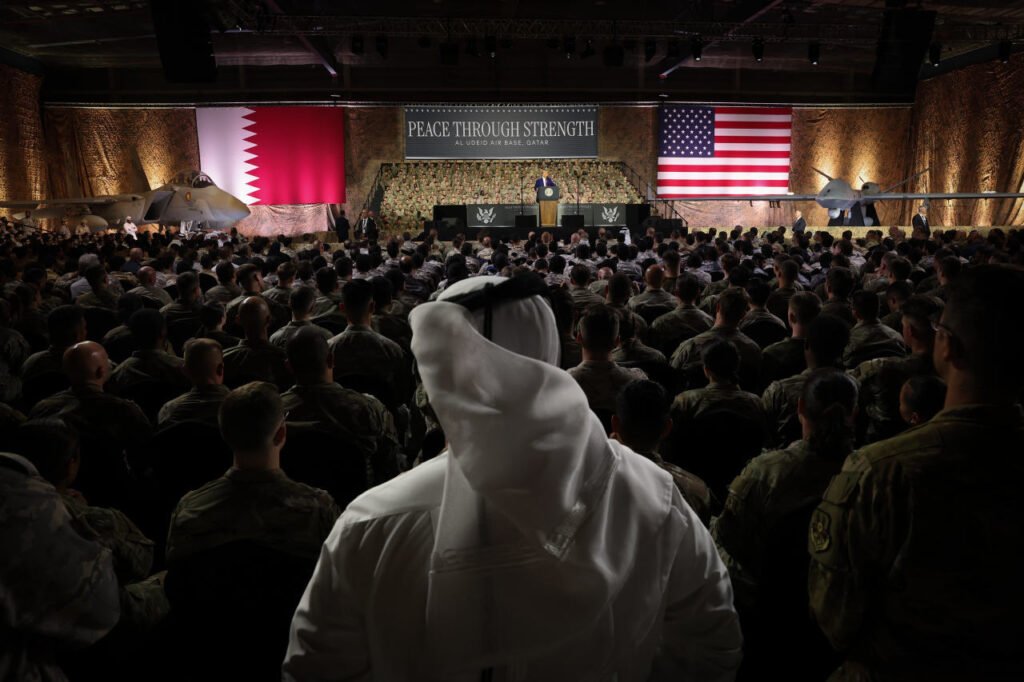BRUSSELS (Reuters) -European Union targets to cut CO2 emissions from vehicles, including a 100% reduction for cars by 2035, are no longer feasible, the heads of the European automobile manufacturers’ and automotive suppliers’ associations said on Wednesday.
European Commission President Ursula von der Leyen is set to host automotive sector executives on September 12 to discuss the future of the sector, which is facing twin threats of Chinese competition in electric vehicles and U.S. tariffs.
In a letter to von der Leyen, Mercedes-Benz CEO Ola Kaellenius and Matthias Zink, CEO of powertrain and chassis at Schaeffler AG, said they were committed to achieving the EU’s net zero goal in 2050.
However, they said EU manufacturers now faced near-total dependency on Asia for batteries, as well as uneven charging infrastructure, higher manufacturing costs and U.S. tariffs.
The bloc needed to go beyond new-vehicle targets, they argued, such as 55% CO2 emissions reductions from 2021 levels for cars and 50% for vans by 2030 and of 100% for both by 2035.
Switch Auto Insurance and Save Today!
Electric cars have a market share of around 15% of new EU cars, with vans at 9%.
“Meeting the rigid car and van CO2 targets for 2030 and 2035 is, in today’s world, simply no longer feasible,” they wrote.
Legal mandates and penalties would not drive the transition, they wrote.
“EVs will lead the charge, but there must also be space for (plug-in) hybrids, range extenders, highly efficient internal-combustion engine vehicles, hydrogen and decarbonised fuels,” the letter said.
CO2 regulation for heavy-duty trucks and buses must also be reviewed, the two association chiefs said.
In March, the Commission agreed to give automakers extra time to meet CO2 emission reduction targets initially set for 2025. Members of von der Leyen’s centre-right grouping have also called for the EU to withdraw its 2035 ban on combustion engines.
(Reporting by Philip Blenkinsop in BrusselsEditing by Matthew Lewis)








